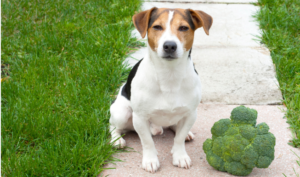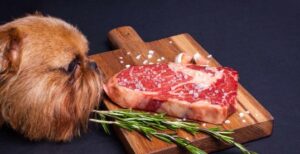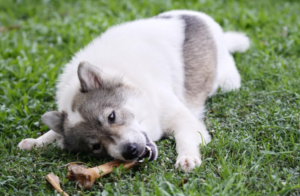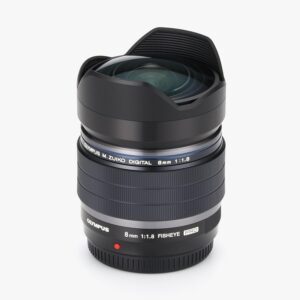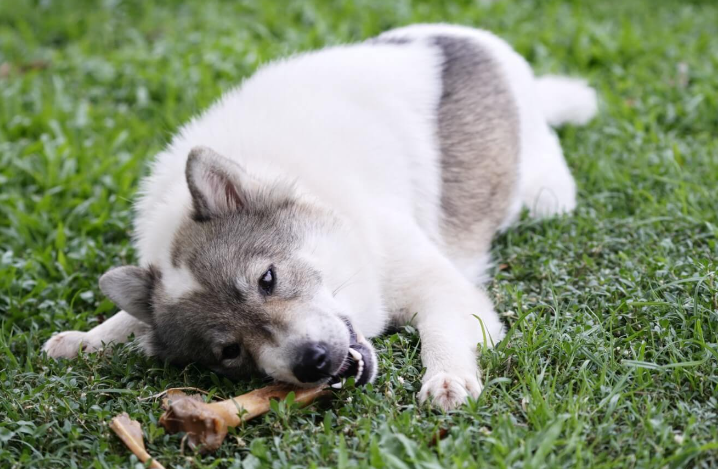
When sitting down to a delicious turkey dinner during the holidays, it can be tempting to toss a few turkey bones to your begging dog. However, veterinarians usually advise against feeding poultry bones to dogs. So, dogs shouldn’t eat turkey bones or any cooked animal bones.
There are several potential risks, but also some possible benefits in moderation. Turkey bones can seriously injure and even kill dogs. Their splintery structure makes them hazardous choking and intestinal hazards. So, never purposefully feed them and avoid accidental access to these dangerous bones.
Can Dogs Eat Turkey Bones?
Dogs shouldn’t eat turkey bones or any cooked bones. The main risk is turkey bones splintering, causing potential choking hazards or internal puncture wounds if swallowed. Cooked bones tend to be more brittle and likely to splinter.
Another concern is the bone getting stuck somewhere in the dog’s digestive tract, which can lead to emergency surgery. The dense leg bones of turkeys are especially problematic, as they can also crack dogs’ teeth. Raw turkey bones also risk transmitting salmonella or other bacteria if not handled properly.
Most veterinarians recommend against giving dogs any poultry bones, including turkey bones. Dogs can’t digest bones as well as their wild ancestors. However, if you do choose to give your dog turkey bones, it’s best to stick to raw bones that are large and fresh.
Potential Risks of Feeding Turkey Bones
However, turkey bones also pose several dangers that you must consider.
Choking Hazard
Bones that are too small can become lodged in your dog’s throat, causing them to choke. This is especially risky if your dog gulps food without properly chewing.
Damage to the Digestive Tract
Splintered turkey bones may puncture, cut, or block your dog’s esophagus, stomach, or intestines. Shards can perforate the gut lining or cause obstructions, which require emergency surgery and can be fatal if left untreated.
Constipation or Serious Blockages
Swallowed bones that pass into the intestines can lead to partial or complete blockages. Your dog may be unable to pass the bones or bone fragments through the digestive tract. That can cause severe constipation, intestinal damage, and even death.
Broken Teeth and Mouth Injuries
Turkey bones may be dense enough to break or fracture your dog’s teeth. Bone shards can also lacerate the tongue, gums, palate, and other soft tissues in the mouth. That can cause pain, infections, and expensive dental work.
Foodborne Illness
Raw turkey bones may harbor salmonella, E. coli, or other dangerous bacteria. Dogs infected with foodborne pathogens can become seriously ill with vomiting, diarrhea, and dehydration.
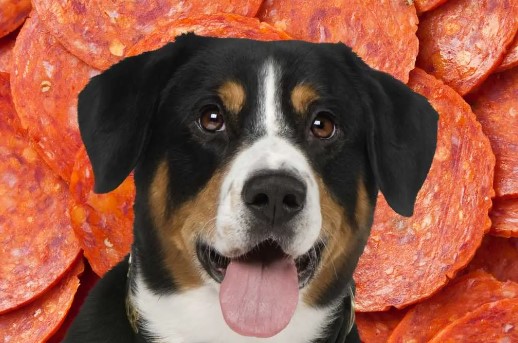
Safest Ways to Feed Turkey Bones
If you want to share turkey bones, follow these tips to reduce risks:
- Supervise your dog the entire time to prevent excessive swallowing of shards. Monitor their chewing.
- Feed only raw, fresh turkey bones – never cooked. Cooking makes the bones brittle, so they splinter easily.
- Select larger-sized bones so your dog can chew off small bits rather than gulp large chunks. Neck bones or whole carcasses work better than cut-up remains.
- Avoid leg bones, which are dense and prone to breaking teeth. Stick to softer bones like wings, necks, and backs.
- Remove bones once they become small enough to swallow. Discard bones when they start crumbling.
- Feed bones frozen or partially frozen. The cold temperature makes it harder for dogs to break bone pieces off.
- Choose bones without sharp edges, such as drumsticks over cut bone shards. Blunter bones are safer.
- Never leave dogs unsupervised with any bones for extended periods. Monitor long chewing sessions.
- Consider a chewing alternative for aggressive chewers to avoid tooth damage.
Why Are Turkey Bones Riskier Than Other Bones?
The light, hollow bones of turkeys and other birds are more delicate and prone to splintering than beef or pork bones. Cooking also further dries out and brittles poultry bones, making them extra crispy and more likely to share.
Raw meaty bones (beef, lamb, goat, venison) do not typically splinter easily and are safer for dogs when provided in sizes appropriate to the dog. These bones generally get worn down with chewing over time rather than shattering.
Some raw poultry parts like chicken necks and duck or cornish game hen frames have an acceptable risk when fed whole and raw, but shoulder bones should always be avoided.
Any cooked bones should never be fed, as cooking changes the structure and makes splintering bones much more likely.
Signs of Trouble After Eating Turkey Bones
Contact your veterinarian immediately if your dog shows any of the following symptoms after consuming turkey bones:
- Choking, coughing, gagging, or difficulty breathing
- Attempts to vomit without bringing anything up
- Drooling more than normal
- Distress or panic
- Pawing at the mouth
- Loss of appetite
- Vomiting is incredible if it is bloody or contains bone fragments.
- Constipation or straining to defecate with no stool
- Bloody stool
- Whimpering, restlessness, or hunched posture
- Abdominal swelling or tenderness
- Collapse or lethargy
These clinical signs warrant an emergency vet visit to diagnose and treat bone obstructions, perforations, or other urgent issues. Prompt medical care can prevent serious complications or even death in some cases.
What To Do if Your Dog Eats Turkey Bones?
If your dog manages to grab hold of a turkey bone before you stop them, here are some first-aid tips:
Stay calm. While bone ingestion accidents can be horrifying, try not to panic. Stress/anxiety will only heighten your dog’s unease.
Collect any remaining bones and wrappers/bags out of reach to prevent additional consumption.
Immediately check inside your dog’s mouth for any stuck bones or shards wedged in the gums, palate, cheeks, or tongue. Open gently — you may need someone to help restrain your dog if they are in pain or resistant.
Check for bleeding or wounds, then carefully remove any noticeable debris with tweezers or needle nose pliers. Don’t blindly poke around, or you risk further injury.
Monitor your dog closely over the next 4-5 days for signs of distress like vomiting, diarrhea, loss of appetite, depression, or apparent discomfort. No improvement after 6 hours warrants an urgent vet visit.
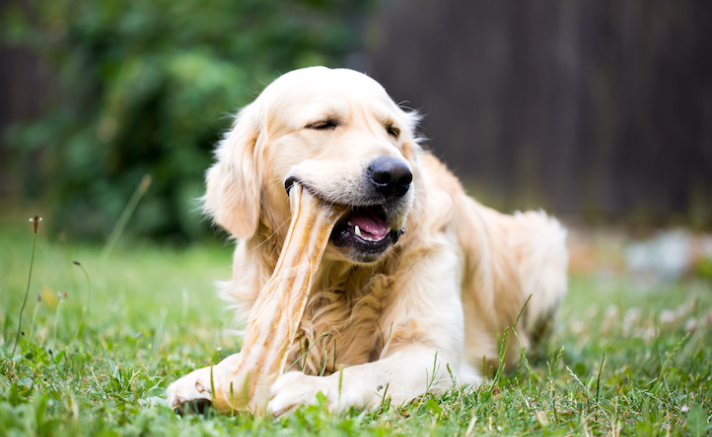
Preventing Turkey Bone Accidents
Here are some tips to keep everyone out of harm’s way:
Train a Strong “Leave It!”: Reinforce this cue diligently to help curb sneaky scavenging. Use high-reward treats to teach your dog impulse control. Start with low temptations and work your way up to testing them with actual meat scraps.
Manage Mealtimes: Crate or confine your pup during family dinners so they can’t steal turkey bones or other non safe leftovers from tables and countertops. Give them a stuffed Kong or safe chew toy to mitigate boredom.
Take Out the Trash: Dispose of turkey carcasses, bones, and debris in secure outdoor garbage cans immediately after meals so dogs have no chance to dumpster-dive.
Be Conservative with Scraps: Share small portions of holiday meat and approved dog-safe foods to prevent gastrointestinal issues. Avoid overindulging pups with rich fatty tidbits to sidestep a painful pancreatitis flare-up.
FAQs on Can Dogs Eat Turkey Bones?
Can I give my dog the bones after I’m done with my turkey?
No, you should never give your dog turkey bones. All poultry bones, including turkey, pose a choking hazard as they can easily splinter and get caught in your dog’s throat or puncture their intestines.
What if my dog gets into the trash and eats some turkey bones?
If your dog accidentally ingests turkey bones, monitor them closely for signs of distress like gagging, vomiting, diarrhea, or abdominal pain. Don’t wait to see if symptoms improve – contact your vet immediately.
Are there any turkey bones that are safer for dogs?
No. All poultry bones pose risks for dogs and should be kept away from them. Some raw meaty bones from red meat animals can be safe.
Wrap Up
Turkey bones may offer some benefits for dogs when they are raw. But cooked bones also pose significant choking, tooth fracture, injury, illness, and obstruction dangers. Most veterinarians recommend avoiding poultry bones altogether.
However, if you wish to offer turkey bones occasionally, stick to raw, large, dense bones under strict supervision. Remove bones before they splinter. Monitor your dog closely afterward and seek immediate vet care if they show any signs of distress or digestive upset.
